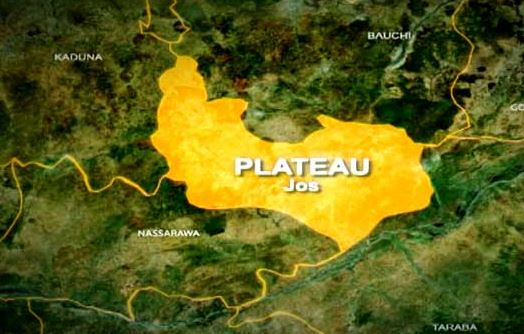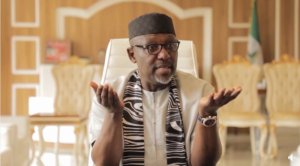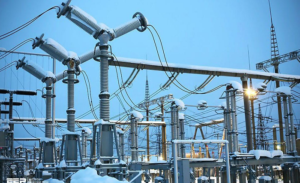
In a devastating Christmas Eve tragedy, Plateau State in Nigeria witnessed a horrifying massacre as gunmen unleashed violence across 15 communities in the Bokkos and Barkin Ladi Local Government Areas. The Plateau State Command of the Nigerian Police Force confirmed the grim toll, revealing that at least 96 lives were lost, with 221 homes set ablaze in the wake of the ruthless attacks.
The assailants, yet to be identified, targeted remote villages in Bokkos and Barkin-Ladi, leaving a trail of destruction in their wake. Plateau State Commissioner of Police, CP Okoro Alawari, expressed deep grief over the senseless attacks, extending sympathies to the families affected by the gruesome events.
On December 24, 2023, at 10:00 PM, 12 villages in Bokkos LGA, including Ndun, Ngyong, Murfet, Makundary, Tamiso, Chiang, Tahore, Gawarba, Dares, Meyenga, Darwat, and Butura Kampani, fell victim to the violence. Additionally, at around 10:45 PM, three villages in Barkin-Ladi LGA—NTV, Hurum, and Darawat—also faced brutal attacks.
The aftermath revealed a stark reality: 221 houses in Bokkos were reduced to ashes, 27 motorcycles burnt, and eight vehicles destroyed. The death toll climbed to 79 in Bokkos, with an additional 17 lives lost in Barkin-Ladi.
CP Okoro Alawari, recognizing the severity of the situation, swiftly directed the Deputy Commissioner of Police in charge of Operations to relocate to Bokkos LGA. He also deployed a team of operational forces to the affected areas, both to prevent further attacks and assess the extent of the damages.
The international community, including organizations like International Christian Concern (ICC), has been closely monitoring the ongoing attacks against Christian communities in Nigeria. The country has been identified as one of the most perilous for believers, with more than 50,000 Christians killed and millions displaced in the Middle Belt region over the past two decades.
As Plateau State grapples with this heart-wrenching incident, the call for increased security measures and international attention to the plight of vulnerable communities in Nigeria becomes more urgent than ever.






Be First to Comment